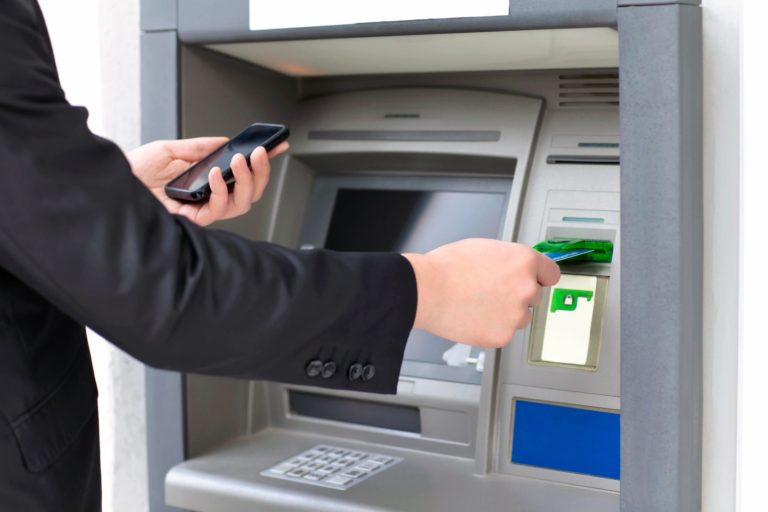Putting it simply, cash helps the formerly incarcerated.
Reintegrating into society costs money, and those released from prison face expenses, including court fines and rent.
Cash can kickstart a. new life.
The New York Times reports on a man named Alwin Jacob Smith who received cash after 21 years in prison, helping him repair a car to drive to job interviews, which led to him landing a $17-an-hour job.
He said the money offered him a lifeline.
One in three American adults have criminal records and unfortunately face significant hurdles in the job market. Without financial resources, it’s even harder.
One initiative known as the Returning Citizen Stimulus offers money to people just released from prison. People trying to help call it “revolutionary.”
With an average of $2,750 given to a newly released person over three months, the money has helped achieve goals to employment.
The program was designed by the Center for Employment Opportunities, a New York-based nonprofit group.
In 2020, the organization started giving the cash to around 10,500 former inmates who needed help. Through partner organizations in 28 cities and six states, including Colorado, California, New York and Oklahoma, the money has helped ease the burdens on people serving what have been deemed unduly long sentences.
For example, Alwin Jacob Smith used his money to pay for an expensive repair to an old Honda Accord, donated by his church. With a car he was able to get interviews and land a job earning $17 an hour at a big-box store. He also got himself a state ID and opened a bank account.
Another program, which gave 125 residents of low-income neighborhoods $500 a month for two years in California, helped many of the residents find full-time employment.
The formerly incarcerated usually leave prison or jail with “gate money” — $10 to $200 depending on the state. Most face significant debt also. This is called “post-conviction poverty,” and affects significant numbers of Black and Latino Americans who are incarcerated.
A $24.5 million Returning Citizens program, funded by a collaborative of philanthropists, was found to have helped forty-two percent of recipients find work five months after release.
Studies have long demonstrated a link between employment and reduced rates of recidivism.
Cash is key for people just leaving prison
- 11/07/2022
- 2:12 pm
admin
Thinker & Designer
Share on facebook
Share on twitter
Share on pinterest
Share on reddit
Recent Posts

10 August, 2022
Mitchell Hamline School of Law in St. Paul, Minn. this summer accepted their first incarcerated student....

09 August, 2022
Financial inclusion is the term used for efforts to make basic banking and financial products safe, affordable,...

08 August, 2022
According to NYN Media, New York City should work with unions and re-entry providers to provide work...

05 August, 2022
Southern California is based on a reputation for offering its citizens the promise of education, jobs,...

04 August, 2022
After the murder of George Floyd ignited nationwide protests, corporate America promised to take an active...

03 August, 2022
President Biden signed Executive Order 13985 on his first day in office. That order advances racial equity...

02 August, 2022
In the wake of the killing of George Floyd and amid calls for greater social justice, the U.S. stock...
No posts found



